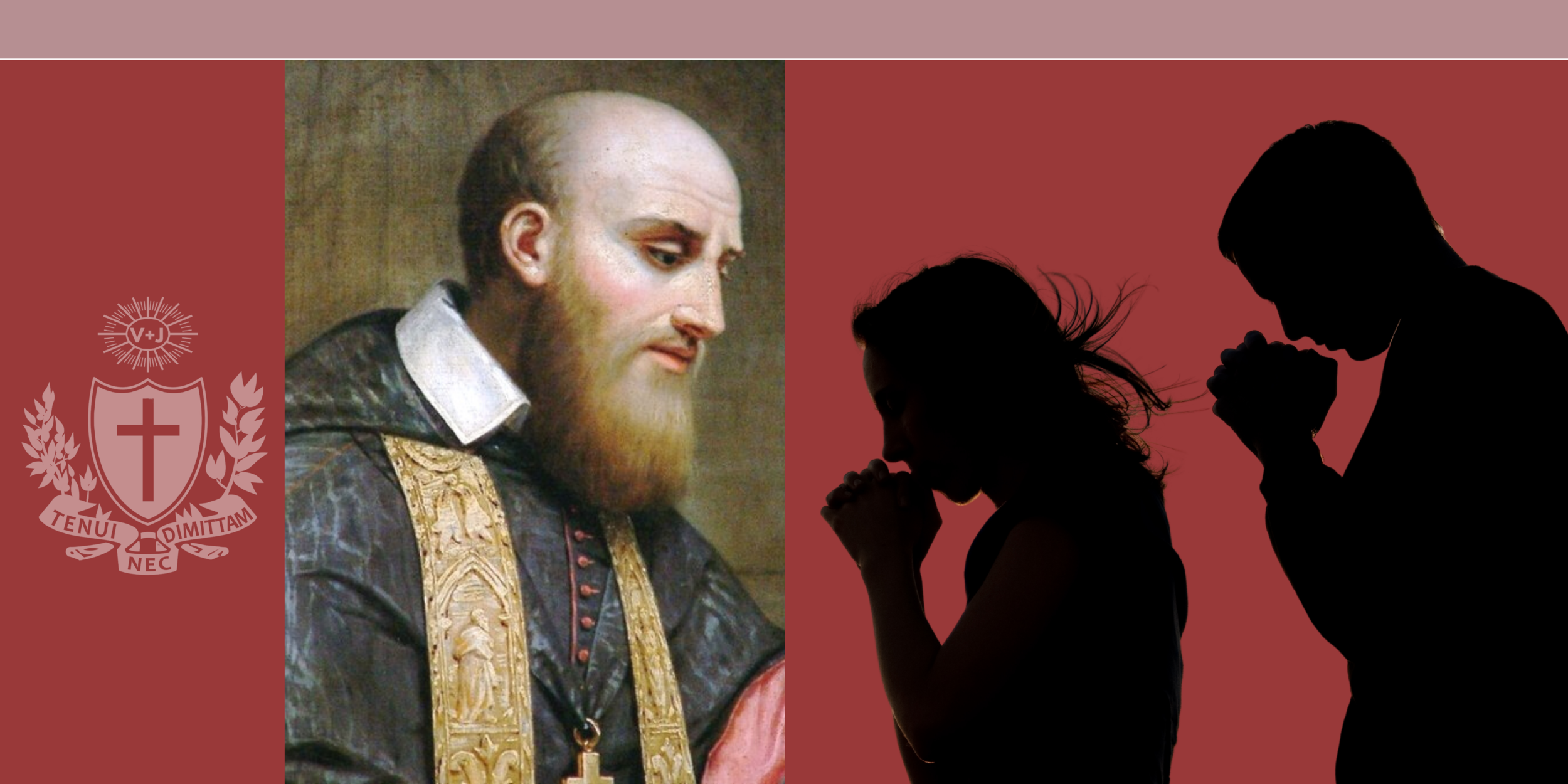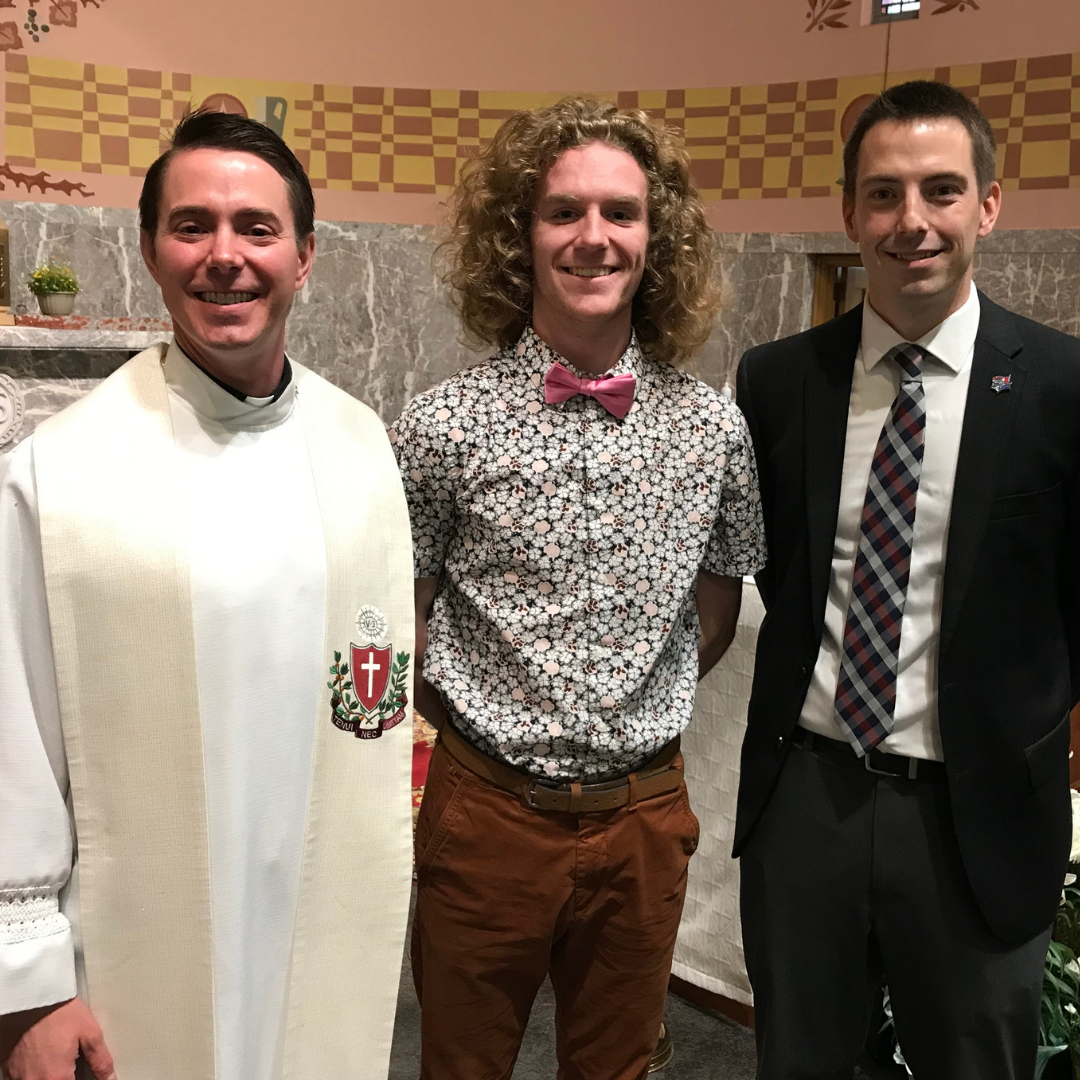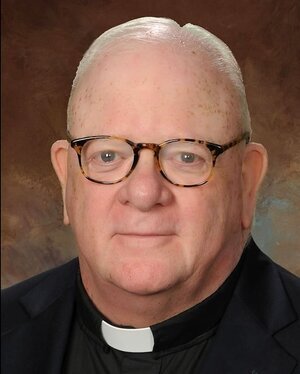Francis’ Mother’s Day Gift
On Mother’s Day this Sunday, I will get love from my four teenage children. Their Mother’s Day gifts age as quickly as they do. Gifts have graduated from hug coupons and handpainted flower pots to name brand clothing and fine jewelry.
Though not as hastily wrapped as the kids’ gifts, there will also be a gift from St. Francis de Sales. This is one I receive every day when I reflect on his teachings.
Francis’ instruction to “Be who we are and be that well” is my most treasured gift from him and it’s what I employ in my role as a mother every day. There are many dimensions to being a mother in today’s environment. Societal pressures, competition, and comparisons can lead to feelings of self-doubt and insecurity.
His words support me; they remind me that I get to define what it means to be a mom, I choose how I engage with my kids, I choose when work takes priority over a game, or when an infraction is punished or ignored. “Be who I am.” Francis tells me that God just wants me to do the best I can, the best way I know how as I use God’s gifts.
Francis’ words encourage me to ignore other moms’ Facebook posts, discussions on the “best colleges,” details of exotic family vacations, spotless homes, and church attendance. I celebrate my fellow moms’ successes and joys but Francis remains, perched on my shoulder, reminding me that what I am doing is good enough. I can hear him gently whispering in my ear, “Just be who you are Paula.”
Salesian Spirituality teaches us that when we live our ordinary lives in an extraordinary way we are serving God. We are being holy. There is so much “ordinary” in being a mom - completing school forms, purchasing groceries, matching socks, carpooling. Yet, Francis’ direction has helped me bring meaning to these acts. He encourages me to enjoy, celebrate, and truly treasure the opportunity to change a messy diaper, sit through a painful piano recital, comfort a child after a loss, make dinner for six, or stand at the soccer sidelines on a cold, blustery day.
Each and every moment I am a mother to these children I know am engaging in a holy act. That is what I have learned from Francis, this is his gift to me. That is what the Oblates taught me: that in the simple, ordinary acts I perform every single day, I am living Jesus. There is true beauty and grace in the tedious tasks of caring for children and running a household.
The world will and has acknowledged what I have achieved in my career. Fewer official accolades, however, come from being a mother. Francis comforts me as he tells me that whoever I am and whatever I am doing, when I am using my God-giving gifts that I’ve so generously been given, I am doing His will.
*This is an excerpt from Paula’s reflection shared at Live Jesus! Retreat in March 2022. Watch the full speech here, along with other Live Jesus! 2022 speakers. Look for announcements for Live Jesus! Retreats in Delaware in December and Virginia & Pennsylvania in Spring 2023.
Paula M. Riley, M.S.







































